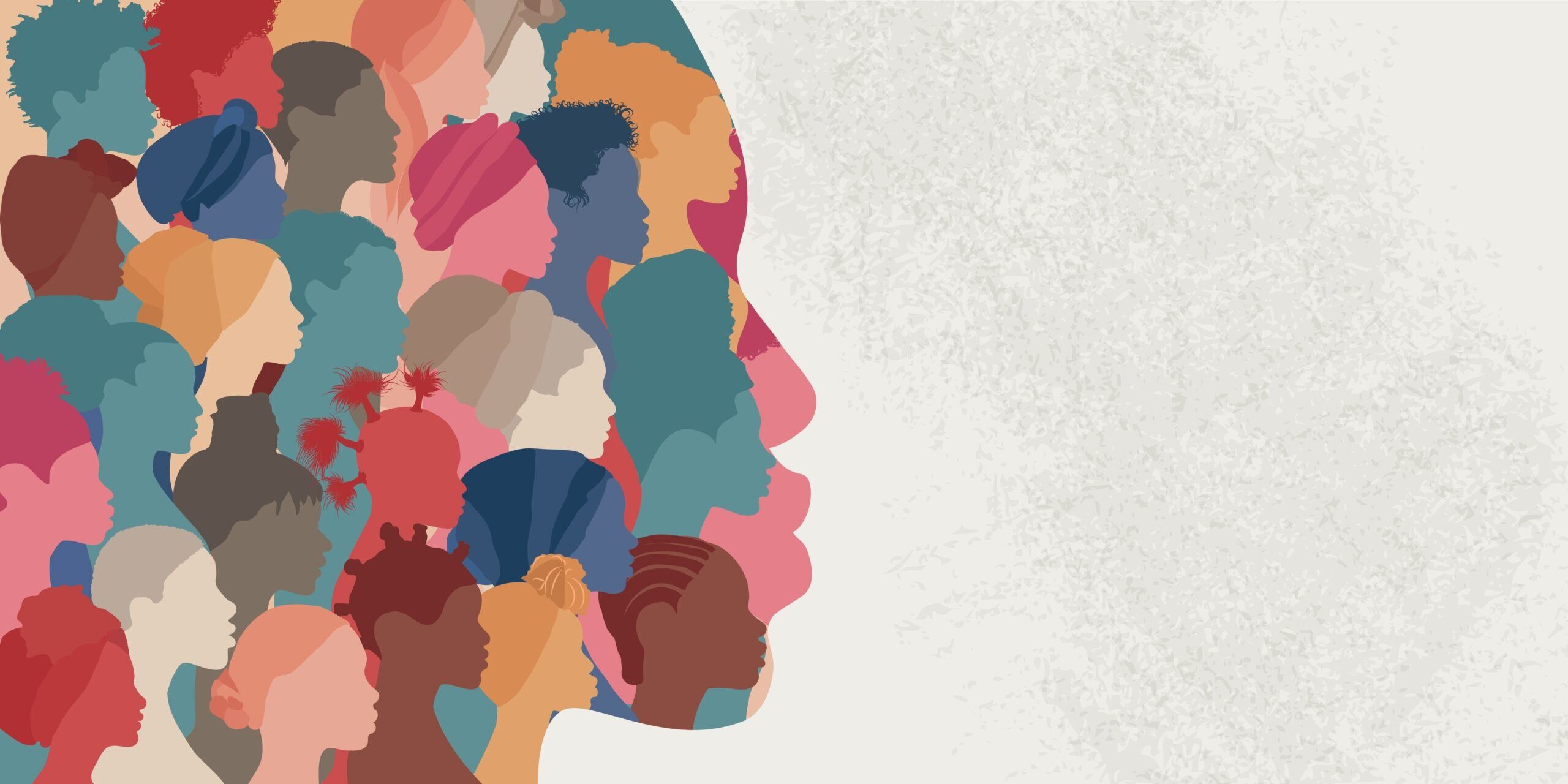Four years ago, amid the worldwide COVID pandemic and political tensions, 1.4 billion people worldwide watched as a White police officer kneeled on the neck of a handcuffed Black man until he died. Helpless to do anything, those watching it filmed. That over 8-minute footage of the murder of George Floyd set off months-long global protests and a racial reckoning. It also set off a flurry of actions by organizations, some of it top down and some of it bottom up from staff.
Organizations issued statements condemning police brutality, committed to eliminating the barriers to advancement faced by Black people and other people of color and made Juneteenth an unofficial work holiday. President Joe Biden later designated the day a federal holiday after it received bipartisan Congressional support. While there was skepticism about the promises made, there was also hope that real change would occur.
Related to the events of 2020, cities and organizations responded in the following ways:
Since 2020, several longtime and, also new, client organizations have reached out to The Nebo Company for guidance in creating work cultures that foster a sense of belonging and equal access to promotion and progress. Years before the events of 2020, Nebo committed to the widening of the diversity of coaches to meet the full range of needs for all leaders.
However, as history shows, racial progress is often followed by a pushback. According to Assata Zerai, the University of New Mexico’s Vice President for Equity and Inclusion, “Progress towards creating a more inclusive culture, is incremental; and sometimes progress is made in one area and then there’s this period of retrenchment, such as Reconstruction and then the rise of Jim Crow laws.”
In the four years since, George Floyd’s death, there has been a concerted effort to roll back the progress of inclusion initiatives through lawsuits and legislation that many have described as “vague” and “confusing.”
Consider the following:
- The police officers who killed Breonna Taylor were fired or left the Louisville police force. However, the two officers who shot her have not yet been charged.
- Though the 50 biggest companies pledged billions to address race-related disparities, the $4.2 billion is “less than 1 percent of the $525.6 billion in net income earned by the 50 companies in the most recent year.” In addition, some banks pledged loans and other investments from which they would benefit. Some organizations said they were unsure how to disperse funds.
- Diversity, Equity and Inclusion (DEI) roles increased by 55% in 2020 but were down by 31% at the end of 2022 (Non-DEI roles were down by 21%, comparatively.)
- At least 20 state legislatures have passed legislation prohibiting or ending inclusion initiatives in government, including in public universities. Last year, the U.S. Supreme Court ruled against efforts by colleges and universities to deepen the diversity of their student bodies.
- Despite adding teaching about the Tulsa Race Massacre to its school curriculum, a year later the state legislature passed legislation effectively banning discussion of certain race-related topics, creating a chilling effect on race-related discussions. In addition, last week, the Oklahoma Supreme Court dismissed a lawsuit brought by the then-three remaining survivors (Survivor Hughes Van Ellis died last year at 102.)
- Black people are still more than twice as likely to be killed by police as White people, according to a 2021 report.
Yet, despite the backlash against inclusion initiatives, several organizations remain firmly committed to fostering cultures of belonging. Nebo works with many organizations committed to addressing the barriers to inclusion. Paraphrasing Mahatma Gandhi, their goals are to be the change that is so needed in the world. We, at Nebo, are proud to work with them and call them partners.
We continue to stand for and believe in the impact and importance of DEI initiatives in the workplace and we stand firmly against racism. Click to here to see Nebo’s statement, Taking a stand for a future that is not like the past.


